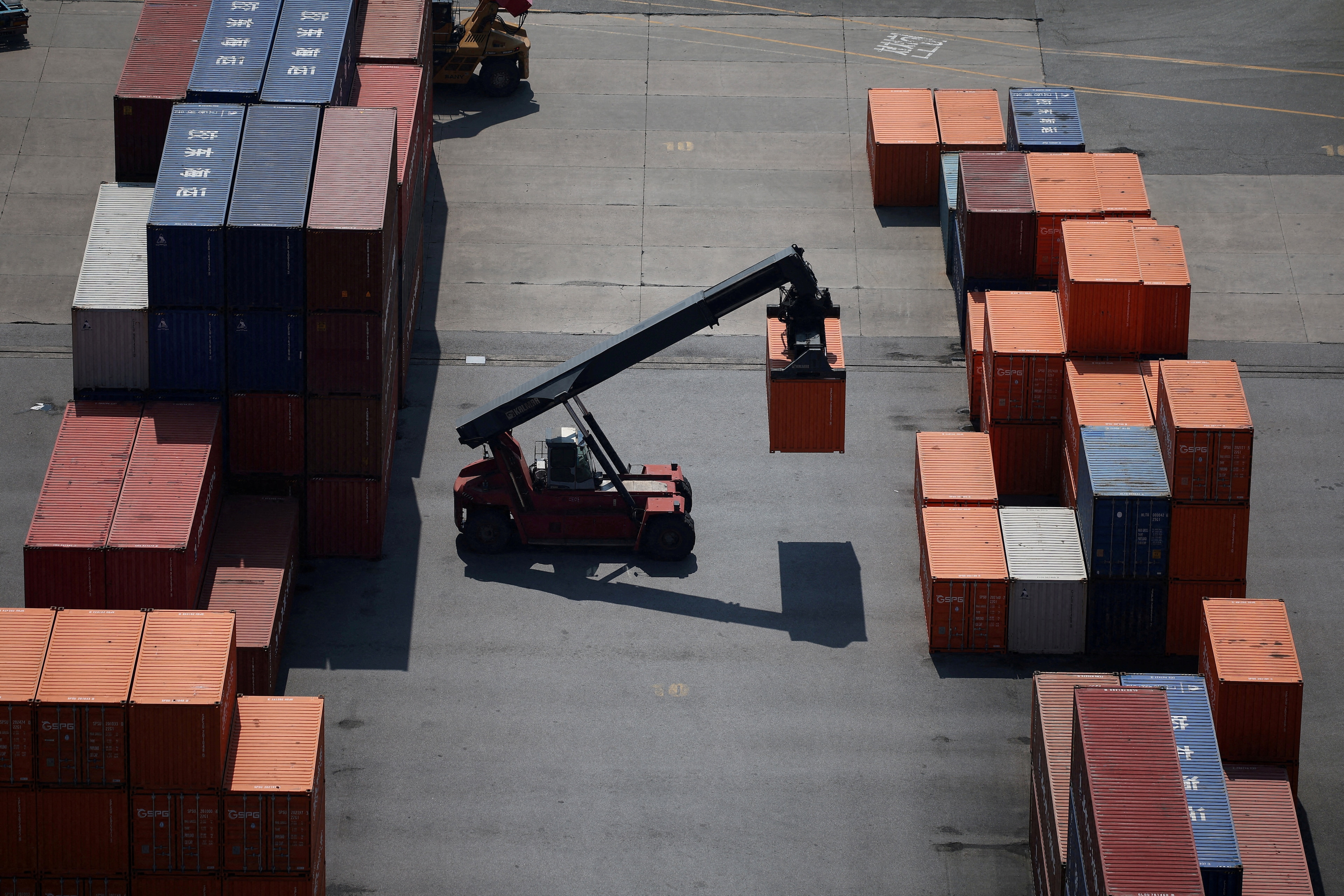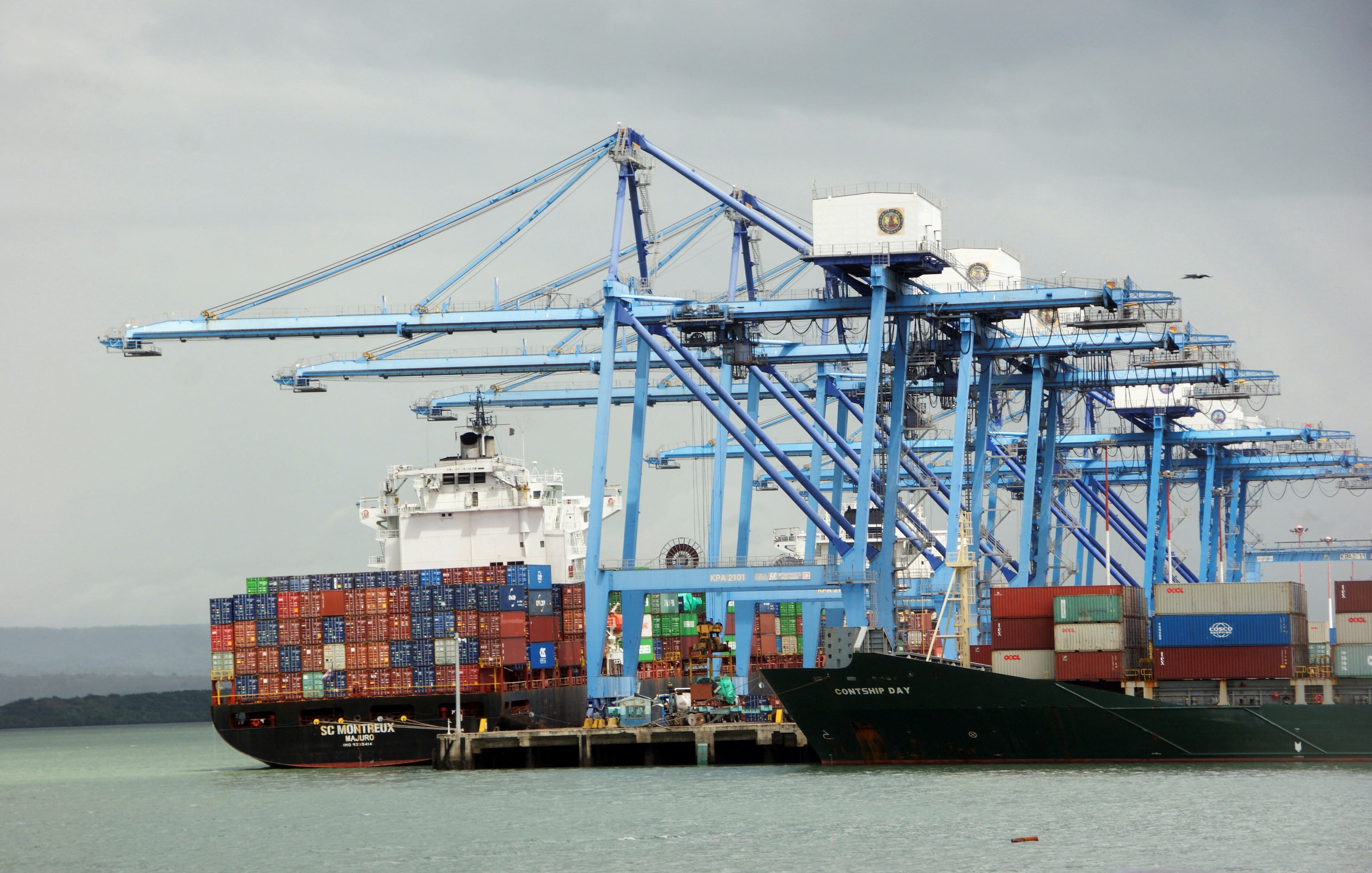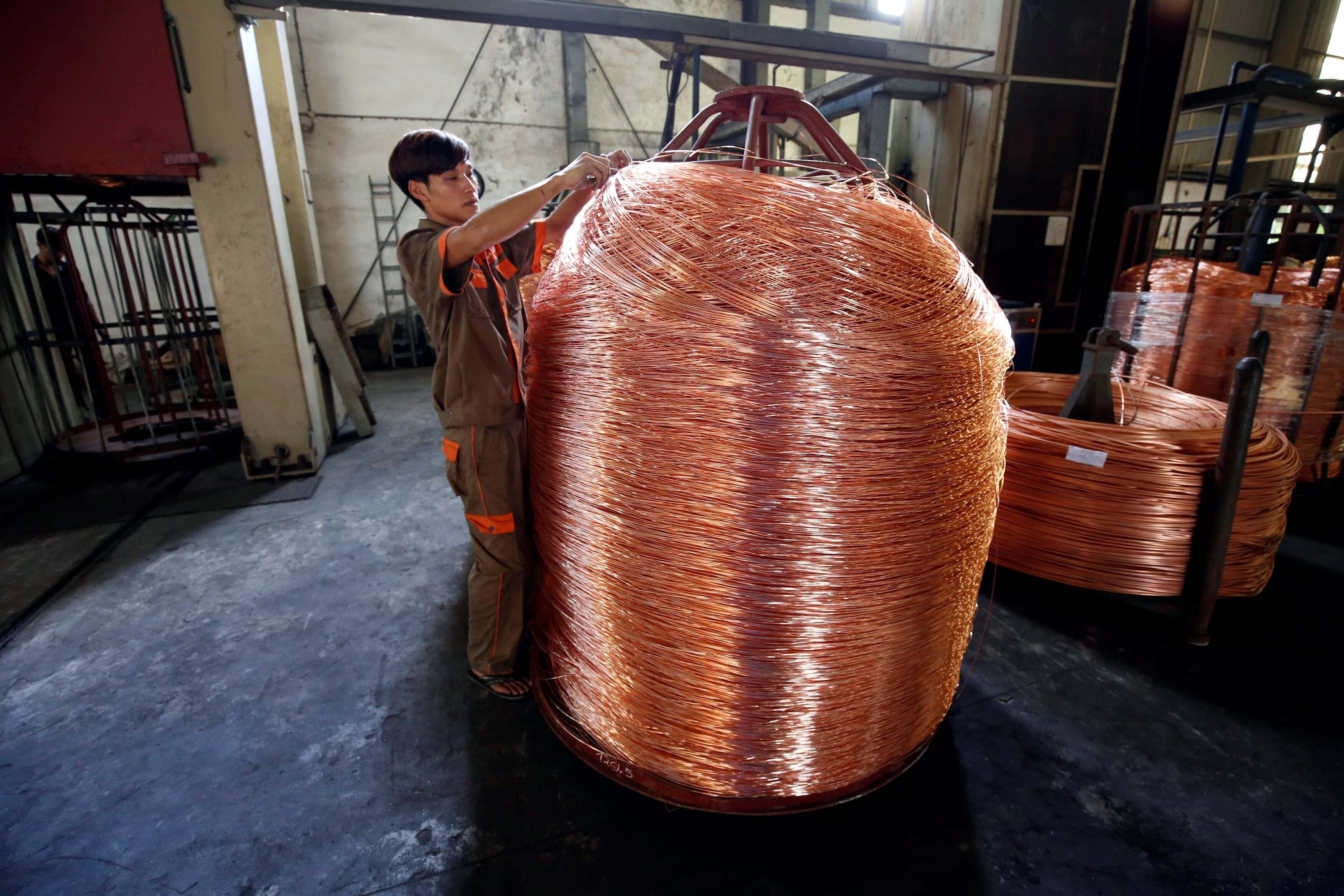Does trade facilitation facilitate trade?

Stay up to date:
Trade and Investment
Trade facilitation is at the center of the global trade policy agenda. The Trade Facilitation Agreement (TFA) – signed by World Trade Organization (WTO) Members in December 2013 and discussed last week at the WTO’s Fifth Global Review of Aid for Trade – aims to simplify and harmonize trade procedures across countries. Improving their ability to efficiently manage trade flows is a challenging task for many developing countries, but developed countries are eager to help. The WTO indicates that between 2006 and 2011, US $1.2 billion in official development aid was spent to support trade facilitation reforms. Even more aid was committed as a result of the TFA.
As of yet we know little about the impacts of trade facilitation efforts. Djankov, Freund, and Pham (2006), Freund and Rocha (2010),Persson (2010) and Hornok and Koren (2014) provide cross-sectional evidence on the trade impacts of administrative costs and delays. But trade facilitation reforms have seen few rigorous impact evaluations.
Recent reforms in Albanian customs
This blog post reviews a study that examines the impact of a policy change in a single country. The study, “Trade Effects of Customs Reform: Evidence from Albania,” investigates the effects on Albania’s imports of a substantial reduction in inspections of import shipments by the customs agency. The share of shipments physically inspected fell from 42 percent in 2007 to 12 percent in 2012.
The policy change leading to such a large reduction in inspection rates was the introduction of an inspection strategy known as “risk management.” Risk management uses information technology to predict whether or not a shipment is likely to comply with trade regulations. These predictions rely on information about the shipment (the identity of the trading firms, the country of origin, the reported cargo, etc). Inspection activity focuses on the high-risk shipments, while low-risk shipments often require only documentary checks for compliance. Albanian customs’ implementation of risk management required legal and administrative reforms, investments in suitable information technology, and training of customs agents.
Albania is an interesting case because a precondition for its membership in the European Union (EU) is a substantial improvement in its ability to effectively manage trade flows. This external pressure, together with technical and financial assistance from the EU, galvanized Albania’s trade facilitation reform efforts. While such impetus for reform may not be present in other environments, estimates of the effects of these reforms may still be useful for motivating or planning similar reforms.
Findings
Using detailed administrative data on import transactions from the Albanian customs agency for 2007-2012 we investigate year-to-year changes in the probability of physical inspection, time spent in customs, and value and composition of imports. Four findings stand out:
- We show that reduced rates of inspection lead import shipments to spend less time under the control of Albanian customs. In turn these time reductions generate a modest, but real, increase in import value.
- A rough calculation suggests that reduced inspection rates had an impact on import value equivalent to an across-the-board tariff reduction of approximately 0.36 percentage points. The implied cost savings are, however, much larger than for a tariff cut of that size. Our estimate suggests that the reforms saved the private sector approximately US $12 million in reduced trade costs in 2012, or US $4.33 per Albanian citizen.
- The decline in customs clearance time related to reduced inspection rates led to stronger growth in imports from high-income countries and from preferential trading partners, especially from EU countries.
- Lower inspection rates also reduced the variability of time spent in customs (not only the expected amount of time), and this lower uncertainty led to significant import growth.
For technical explanations and more details about our findings, please see the working paper.
Implications
Do the results imply that trade facilitation reforms such as the adoption of risk management lead to higher imports? Our answer is a qualified yes. One limitation to generalizing the findings is that Albania’s tariffs were substantially reduced before the customs reforms. Low tariffs reduce the incentives for tariff evasion and the harm to the government of successful evasion. One lesson for other governments considering this reform is that risk management in customs will likely be more successful when preceded by tariff reductions.
The TFA provides a laundry list of trade facilitation reforms that are needed if countries are to achieve best practice. This study investigates the effects of just one of these reforms. There is much to learn about the effects of trade facilitation reforms to be undertaken as a result of the TFA. The next several years will offer many opportunities to better understand which reforms are most important, in which contexts, and why.
This post first appeared on The World Bank The Trade Post Blog.
Publication does not imply endorsement of views by the World Economic Forum.
To keep up with the Agenda subscribe to our weekly newsletter.
Author: Russell Hillberry is a senior economist in the Development Economics Research Group, Trade and International Integration Team. Ana Fernandes is Senior Economist in the Development Research Group (Trade and Integration Unit) at the World Bank. Alejandra Mendoza Alcántara is a consultant for the Trade and Competitiveness Impact Program.
Image: A cargo ship is seen at the Miraflores locks in Panama City. REUTERS/Carlos Jasso
Don't miss any update on this topic
Create a free account and access your personalized content collection with our latest publications and analyses.
License and Republishing
World Economic Forum articles may be republished in accordance with the Creative Commons Attribution-NonCommercial-NoDerivatives 4.0 International Public License, and in accordance with our Terms of Use.
The views expressed in this article are those of the author alone and not the World Economic Forum.
Forum Stories newsletter
Bringing you weekly curated insights and analysis on the global issues that matter.
More on Trade and InvestmentSee all
Madeleine North
August 6, 2025
JJ Enoch
August 6, 2025
Spencer Feingold
July 30, 2025
Charlotte Edmond
July 30, 2025
John Letzing
July 24, 2025





